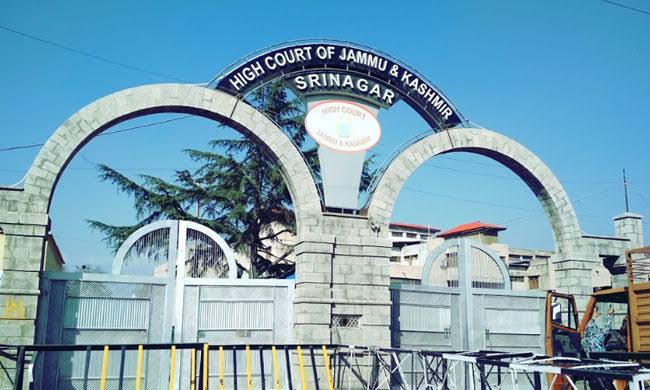Employee can’t be denied regularization after 7-years: High Court

The High Court of Jammu and Kashmir has delivered a landmark judgment affirming the rights of temporary employees who have served continuously for over seven years. Justice Sanjeev Kumar, presiding over the case of Ghar Singh, an employee of a university seeking retrospective regularization, emphasized that such individuals cannot be denied the benefits of regularization under the relevant Service Rules and Orders (SRO).
Ghar Singh’s plea highlighted the discrepancy between the date of his regularization in 2010 and the entitlement outlined in SRO 64 of 1994, which mandated his regularization after completing seven years of service in 2004. Justice Kumar, ruling in favor of Singh, granted him retrospective regularization as a Security Guard effective from April 1, 2005, along with all consequential benefits, including salary arrears.
The court clarified that employees like Singh, who provide continuous service for an extended period, cannot be categorized as ‘casual labor.’ Justice Kumar underscored the distinction between casual labor and daily wage workers, noting that Singh’s uninterrupted service as a Security Guard since July 7, 1997, merits regularization under the law.
Addressing the issue of delay in Singh’s petition, the court acknowledged that while such claims are typically not entertained after many years, it deemed the circumstances of Singh’s case as exceptional. The judgment emphasized that the delay should not obstruct justice, especially considering Singh’s long and faithful service to the university.
Furthermore, the court emphasized that granting retrospective regularization to Singh post-retirement would not adversely affect the rights of other university employees. It clarified that no re-fixing of seniority would occur, ensuring the equitable treatment of all employees within the university.
The judgment shed light on the power dynamics between employers and employees, particularly in cases involving petty employees like daily wage workers or Security Guards versus mighty institutions like universities. The court recognized the challenges faced by such employees in challenging the terms of their employment, especially when pitted against powerful employers.
In conclusion, the High Court’s ruling reaffirms the principles of fairness and justice in employment practices. By upholding Singh’s right to retrospective regularization, the court sets a precedent for the protection of employees’ rights, regardless of their status or bargaining power within the employment relationship.





